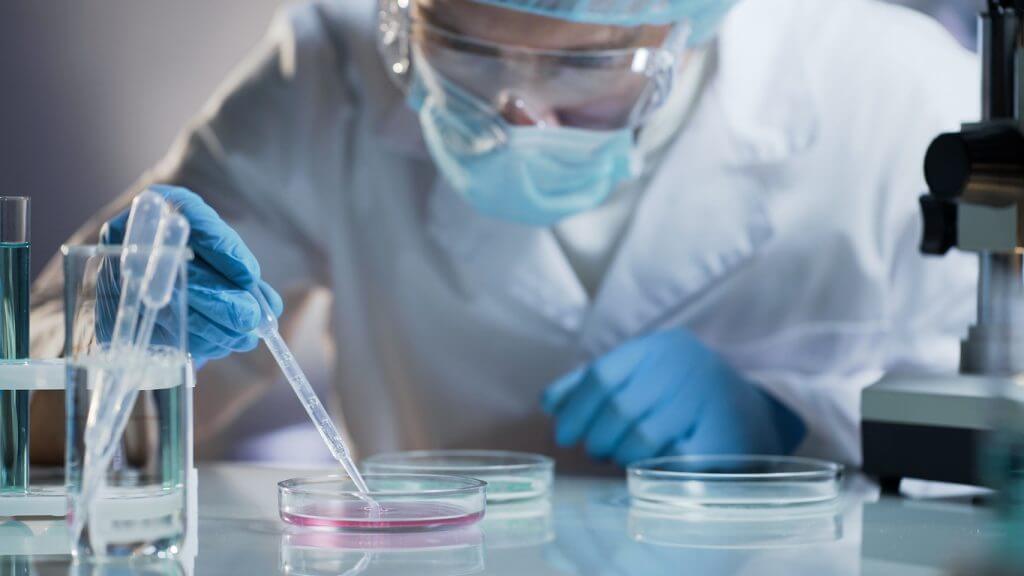What Does an Infectious Disease Doctor Do?

What Does an Infectious Disease Doctor Do?
What is an infectious disease doctor?
An infectious disease doctor is a physician who specialises in the various infections that can affect the human body. An infectious disease doctor may also be known as an ID physician. There is a great deal of overlap with microbiologists who specialise in infections as well, although ID physicians tend to focus more clinically.
What do ID physicians treat?
Reasons your GP may refer you to an ID physician include:
- Infections that are resistant to treatment (e.g. antibiotics)
- Difficult to diagnose infections
- Infection with an associated high fever
- Pre-international travel evaluations
- Illness after travel
- HIV/AIDS
- Hepatitis B and C
Events leading up to the illness, particularly travel or high risk exposures will also be enquired about.
What to expect when you visit an ID physician
History
Your ID physician first has to determine the likely infection you may have, its severity, nature and then how best to manage it. History will focus on your symptoms, duration and severity of these. Past medical problems, medications, allergies and social history are also relevant.
Examination
Having completed the history your infectious diseases specialist will conduct an examination.
This usually begins with a check of temperature, pulse, blood pressure and respiratory rate.
A general examination follows and generally includes examining for rash or lymph nodes, examining the chest and abdomen and sometimes examining the genital region.
Otherwise examination will be tailored to the specific case and symptoms being suffered.
Medical conditions
- Bacterial infections
- Viral infections
- Fungal infections
- Tropical diseases
Source – https://bit.ly/2ZhTRDW
